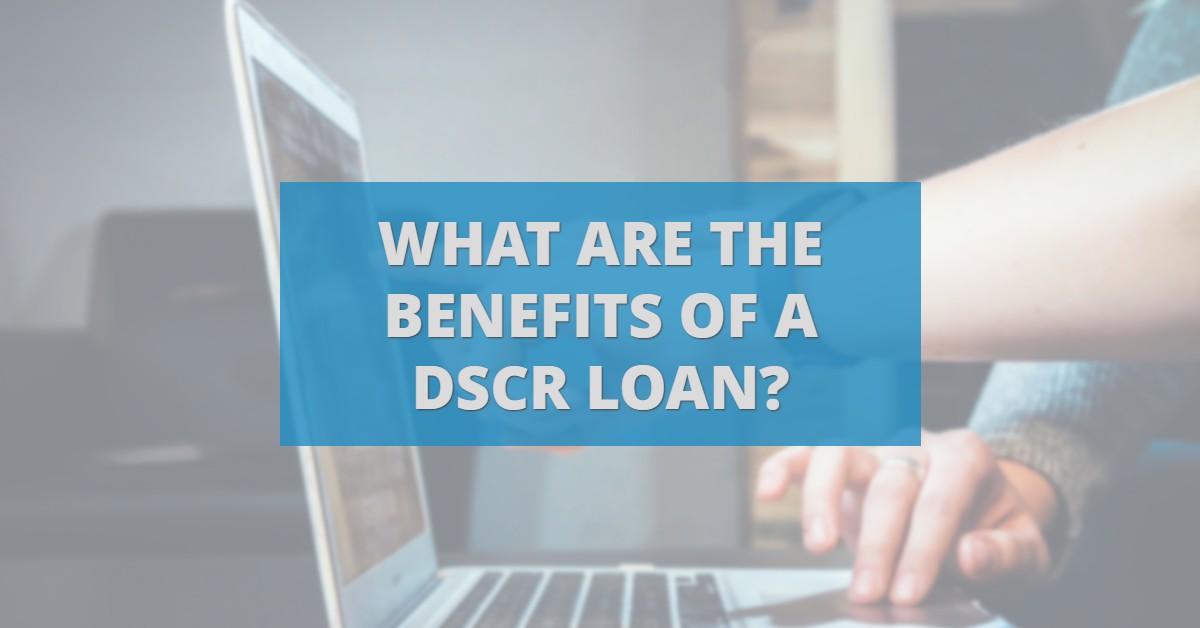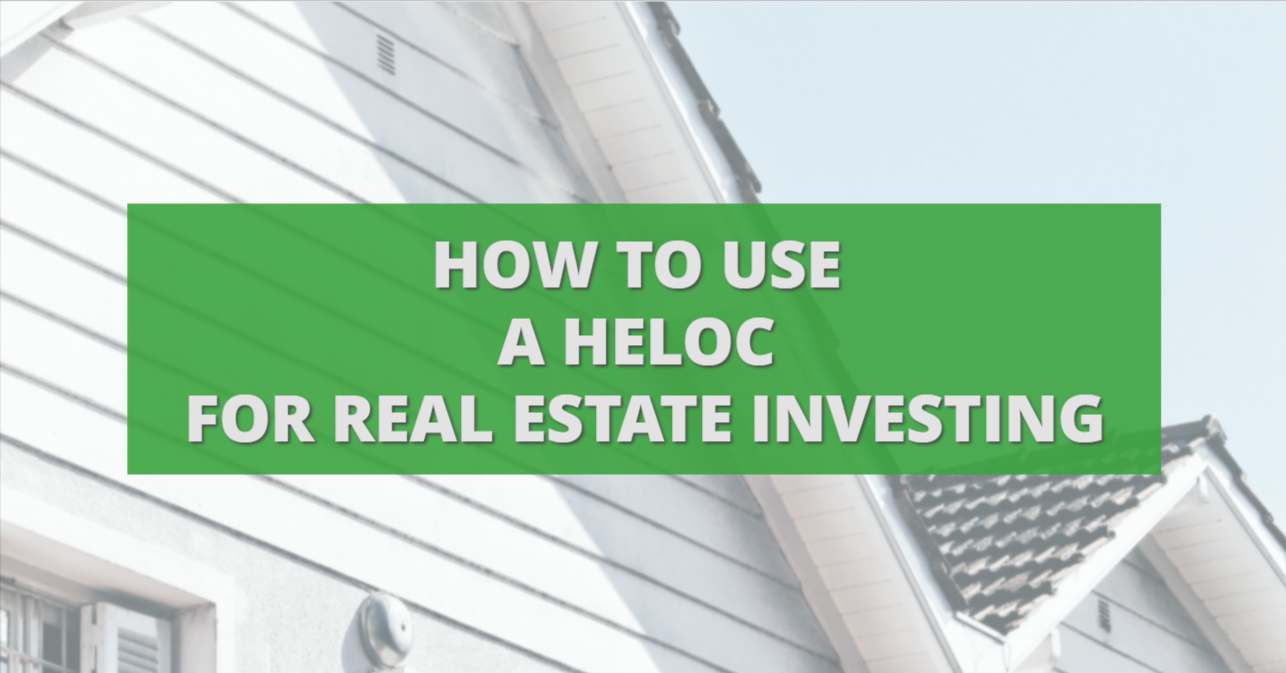Leveraging Bargain Properties for Maximum Gains
Real estate is all about creating leverage. Another way to create that leverage is to buy undervalued properties. What exactly is an undervalued property? It is a property that is being sold for less than it is worth. These are the properties that provide an opportunity for you to receive 100% financing and steady income for the rest of your life. Let’s take a look at a few examples of how an undervalued property can help you to succeed.
Hoarders helper
Just the other day a friend of mine helped someone move out of a hoarder house that was under foreclosure. The homeowners no longer wanted the property, and they just couldn’t get everything done in time. My friend was able to come in and give them some money to take care of things, allowing the homeowners to get out of the property.. My friend was able to get the house at 70% of the value and put in 10%. In doing so, he created 20% net worth for himself. With the condo appraisal for $250K, he created $50K in wealth within just one weekend.
Starting with nothing
Another local guy we know sold his car in order to get his first real estate deal. Fast forward 4 years, he has built three 6 unit apartment buildings with cash. These properties are owned free and clear, which is creating a steady income for him for the rest of his life. He achieved this success by being very diligent with both his process and his numbers. This is a prime example of how people who put their mind into something, can in turn create the wealth that they want.
Lenders like undervalued properties
Lenders consider undervalued properties to be safe. This is because they are such a good deal compared to other properties on the market. Therefore, real estate investors can often get 100% financing on a property that is under market value. There are a lot of properties that are well under market value out there and many of them need some work. By taking the time and fixing them up correctly, you could guarantee a future profit for your investment.
Buy undervalued properties for maxim gains
Real estate is all about leverage. By leveraging bargain properties, you will in turn have maximum gains on your investment. It doesn’t take a PhD or a masters, it just takes some Doers! These are people who want to get out there and just do it. Investors who go through the correct steps can in turn make great returns within a short period of time. Some people want to make $50K to 80K in a year and have 6 months off. That is the beauty of investing and leveraging correctly.
Watch our most recent video to find out more about Leveraging Bargain Properties for Maximum Gains.
Contact us to find out more about the importance of leverage and how to fill up your money buckets.








